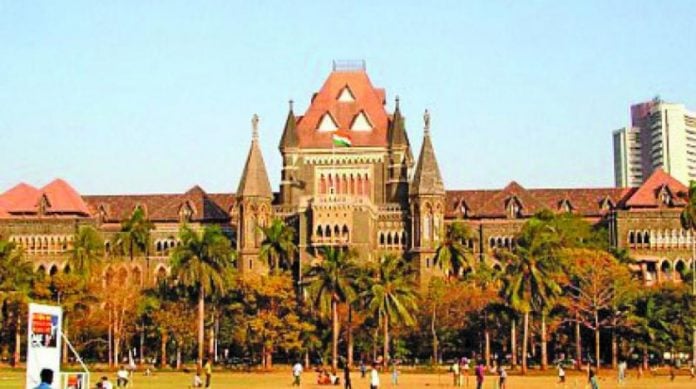The Bombay High Court dismissed a Public Interest Litigation (PIL) filed challenging the auction sale of certain immovable properties of a company in liquidation.
At the first blush, the Division Bench of Acting Chief Justice S.V. Gangapurwala and Justice Sandeep V. Marne noted that the public interest litigation prosecutes a public cause. However, upon going through the documents, the Court held that it is more in the nature of private interest litigation.
The petitioner is a businessman. He is the director of one Textiles Private Limited. On or about 9th September 2020, he gave an application to the Liquidator seeking demand of documents for auction purposes and further stated that for maximum participation in the auction, the Liquidator must cooperate with all queries of interested buyers. He also sought postponing the auction for having maximum participation.
By another letter dated 21st September 2020, the petitioner communicated that he was interested in taking the unit on rent and the others were also willing to take it on rent. That the Liquidator should invite the bids for rent and let him run the unit and by that method, the Liquidator did not have to worry about conversion cost and financial creditors would also get more benefit.
The Bench noted that the said request of the petitioner was not accepted and thereafter, the present public interest litigation is filed challenging the auction proceedings.
Yatin Malvankar , the advocate for the petitioner, submits that the lands in question cannot be sold without the permission of the Collector as required under the provisions of the Maharashtra Land Revenue Code, 1966 . The said lands are new tenure lands. To substantiate the same, the advocate has referred to the documents granting permission to the original occupant of the lands to lease/sale the lands. The said permission further states that even after grant of permission for sale/lease, the same would be the Class II new tenure lands.
The prima donna contention of the advocate for the petitioner is that the one family, without seeking permission of the competent authority, entered into further transactions. It is further contended that the Sanad purportedly obtained under section 44A of the Code is a forged and fabricated document. To substantiate the said contention, he relies upon the information received under the Right to Information Act, 2005; wherein, information has been given that the file is not traceable so also a communication is made to the Registering Authority/Revenue Authority by the Collector that one had issued documents without possessing any authority during the years 2004 to 2008. In view of that, the advocate submits that the Sanad being forged and fabricated, the documents could not have been relied upon.
Though it is reiterated that valid sale permission was granted, the amount towards unearned income is not paid, which the Government is entitled to receive , the Court held
It is observed by the Bench that there can be no dispute that in cases of transaction in respect of Class II new tenure lands, the amount has to be paid to the Government with regard to unearned income. The Government may take further steps in that regard. The amount would run with the property.
Be that as it may, the property is being auctioned for recovery of the dues of the secured creditors/employees and other stakeholders of more than 400 crores from the defaulters, i.e., (Company in liquidation / respondent no. 2) . The present public interest litigation in a way would support respondent no. 2 if the auction is stalled. In fact, the stay of the auction proceedings would be aiding respondent no. 2. The legitimate dues of the creditors, such as secured creditors, employees and other statutory dues, cannot be thwarted. The Government dues, i.e., the unearned income can be taken care of by the Government by taking necessary steps , the Court observed.


